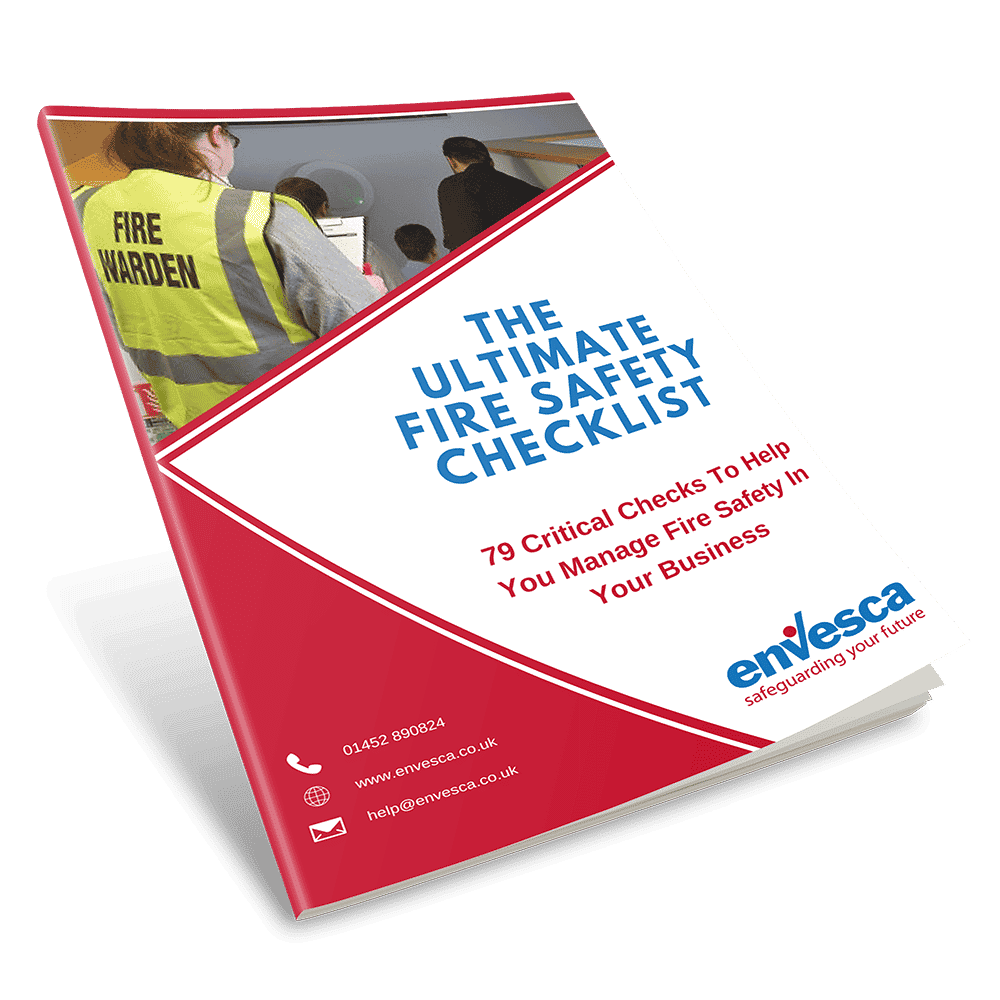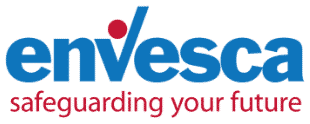The Importance of Risk Assessments in Ensuring Workplace Safety
In today’s fast-paced and ever-changing business landscape, risk assessment has become a vital component in the success and growth of any organisation. It is an essential process that helps businesses identify potential hazards, analyse the potential impact of these hazards, and develop strategies to mitigate or manage them. This blog section will delve deep into the importance of risk assessments and why organisations should prioritise this crucial process.
The Importance of Risk Assessments
1. Protecting Employees and Assets
One of the primary reasons for conducting risk assessments is the protection of an organisation’s most valuable assets – its employees and physical resources. By identifying potential hazards and determining their impact, businesses can implement effective measures to minimise the likelihood of accidents or incidents. This helps protect employees from injuries or illnesses and ensures the safety of an organisation’s physical assets, such as equipment and infrastructure.
2. Compliance with Legal and Regulatory Requirements
Various industries are governed by legal and regulatory requirements that mandate businesses to conduct risk assessments and implement necessary safety measures. By performing risk assessments, organisations can ensure that they are in compliance with these requirements, thus avoiding potential fines, penalties, or even legal actions against the company.
3. Reducing Financial Losses
The cost of accidents, incidents, and disruptions can be substantial for businesses, both in terms of direct costs (e.g., damages, medical expenses, legal fees) and indirect costs (e.g., loss of reputation, decreased productivity, increased insurance premiums). By conducting risk assessments and implementing effective risk management strategies, organisations can significantly reduce the likelihood of such events occurring and minimise the financial impact if they do occur.
4. Enhancing Business Reputation
Organizations that prioritise risk assessments and invest in robust safety and risk management programs are often viewed more favourably by stakeholders, including customers, investors, and regulatory bodies. This positive reputation can increase customer loyalty, attract new clients, and influence stock prices. In contrast, businesses that fail to manage risks effectively may suffer from a tarnished reputation, leading to lost business and financial consequences.
5. Facilitating Informed Decision-Making
Risk assessments provide organisations with valuable information that can be used to make informed decisions about various aspects of their operations. By understanding the potential risks and their impact, businesses can make strategic decisions about resource allocation, project planning, and overall business direction. This information can also be used to prioritise safety training and education programs, ensuring that employees know potential hazards and how to respond appropriately.
6. Promoting a Culture of Safety
An organisation that regularly conducts risk assessments and takes the necessary steps to manage identified risks demonstrates a commitment to safety. This commitment helps promote a culture of safety within the organisation, where employees are encouraged to report hazards, suggest improvements, and take personal responsibility for their safety and the safety of their coworkers. A strong safety culture has been shown to reduce the likelihood of accidents and incidents, leading to a safer and healthier work environment.
Conclusion
Risk assessments are essential to any organisation’s overall risk management strategy. Identifying, analysing, and managing risks protects employees and assets and helps organisations comply with legal and regulatory requirements, reduce financial losses, enhance their reputation, make informed decisions, and promote a safety culture. By prioritising risk assessments, businesses can ensure their long-term success and growth in an increasingly complex and challenging business environment.
Are you confident that your team can properly assess and manage potential risks in your workplace? Envesca, The South West’s leading 5-star health and safety experts, can provide you with award-winning risk assessment training tailored to your specific business needs. With years of experience in providing training, consultancy, and support to businesses of all sizes, thousands have trusted us to ensure their teams are equipped with the knowledge and skills to keep their workplace safe. Get in touch with us today!
Find this helpful?
Signup to our email notifications to receive alerts when we publish new blogs. We promise not to spam your inbox, you will just get a short snappy intro to Health and Safety articles we think you will love.
"*" indicates required fields

The Ultimate Fire Safety Checklist
If you’ve got a question or query, please contact our super friendly team, they will be delighted to help you!
Simply get in touch via phone or email.

Free
Resources &
Downloads
Informative. Useful. Practical.
Here at Envesca we believe that we are good at giving proactive, sensible and useful advice. Below you will find some free resources that you can download on a host of subjects that will help you and your business.
Training Available
Envesca offer a number of different training courses, which offer advice and guidance on these topics.



